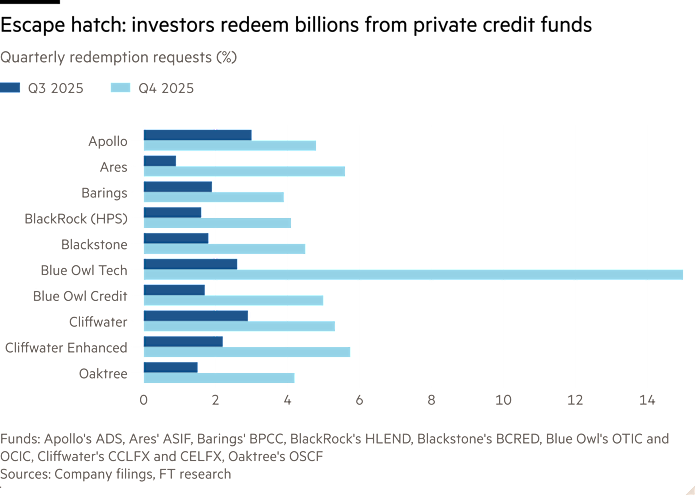 Zurich, 1 February 2021 – UBS has successfully completed the pilot phase of its new multibanking function and is now gradually rolling out the offering across Switzerland. UBS Multibanking will now also give SMEs full transparency over all their accounts and allow them to execute payments debited from accounts with third-party banks directly in UBS E-Banking. UBS is the first and so far the only Swiss bank to offer such a comprehensive payment function.
Zurich, 1 February 2021 – UBS has successfully completed the pilot phase of its new multibanking function and is now gradually rolling out the offering across Switzerland. UBS Multibanking will now also give SMEs full transparency over all their accounts and allow them to execute payments debited from accounts with third-party banks directly in UBS E-Banking. UBS is the first and so far the only Swiss bank to offer such a comprehensive payment function.
Andy Kollegger, Head Corporate & Institutional Clients International: “We have purposefully pushed forward the development of UBS Multibanking with selected clients. The result speaks for itself: we are the first bank in Switzerland to enable all corporate clients to make direct payments debited from accounts with third-party banks worldwide with just one E-Banking login – a feature that was considered inconceivable just a few years ago.”
The majority of Swiss companies have accounts with several banks. They often find it time-consuming to maintain an overview of their entire liquidity situation and to manage all their different accounts. Since last summer, selected companies have had the opportunity to participate in the pilot phase. This enabled these companies to experience the multi-stage implementation process and to contribute to the market launch of the innovative solution by providing valuable feedback. UBS Multibanking is now also available to all small and medium-sized enterprises in Switzerland – a technological infrastructure that could otherwise only be afforded by large corporations.
UBS Multibanking is based on the highly secure EBICS and SWIFT standard interfaces. EBICS has become increasingly important for the Swiss financial center in recent years, and around 30 banks in Switzerland have introduced this standard. In addition, EBICS is supported by almost all banks in Germany as well as an increasing number of Austrian banks. EBICS is specifically tailored to the needs of corporate clients with regard to data exchange (e.g., for signatory rights such as shared electronic signatures) and is also widely used for cost reasons. SWIFT, on the other hand, is primarily a standard for large companies, which connects international banks (e.g., in Asia) to multibanking. Most well-known banks can be reached globally via SWIFT.
UBS Switzerland AG
Full story here Are you the author? Previous post See more for Next postTags: Featured,newsletter



































